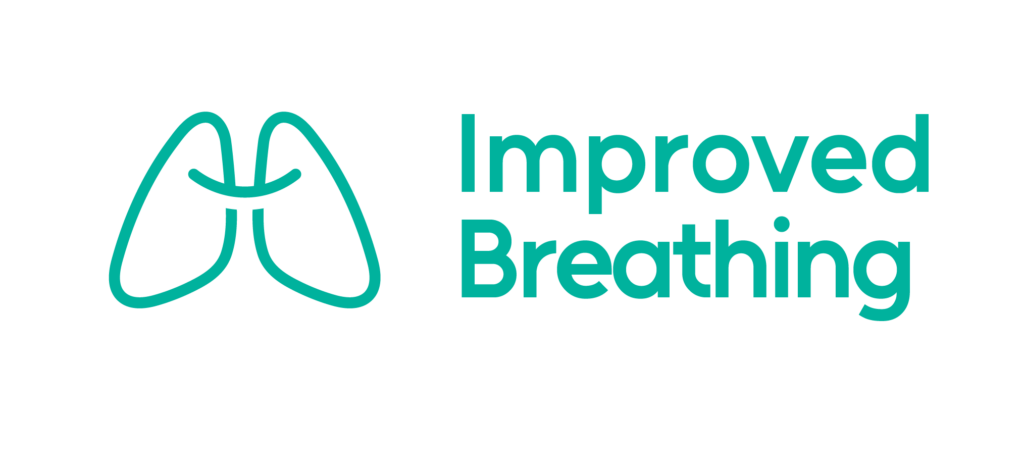Elderberry has been used in traditional medicine for centuries, and modern research is beginning to uncover its potential benefits for respiratory health. For those living with chronic lung conditions like COPD (Chronic Obstructive Pulmonary Disease) and emphysema, finding natural ways to support lung function can be crucial. Let’s explore how elderberry might play a role in promoting respiratory wellness.
What is Elderberry?
Elderberry refers to several varieties of the Sambucus tree, with the most common being Sambucus nigra, or European elderberry. The dark purple berries and flowers of this plant have long been used in folk remedies, particularly for respiratory ailments.
Nutritional Profile
Elderberries are packed with nutrients that may contribute to overall health:
- Antioxidants: Rich in flavonoids, especially anthocyanins
- Vitamins: High in vitamin C and vitamin A
- Minerals: Contains iron, potassium, phosphorus, and copper
- Fiber: Good source of dietary fiber
Potential Benefits for Lung Health
While more research is needed, several studies suggest that elderberry may offer benefits for respiratory health:
- Anti-inflammatory Properties
Chronic lung conditions like COPD and emphysema are characterized by persistent inflammation in the airways. Elderberry’s high antioxidant content, particularly anthocyanins, may help reduce inflammation. This could potentially ease breathing difficulties and improve overall lung function.
- Immune System Support
A strong immune system is crucial for individuals with chronic lung conditions, as they are more susceptible to respiratory infections. Elderberry has been shown to boost the production of cytokines, molecules that help regulate immune responses. This immune-enhancing effect might help prevent or reduce the severity of respiratory infections.
- Antiviral Effects
Several studies have indicated that elderberry extract may have antiviral properties, particularly against influenza viruses. For people with COPD or emphysema, avoiding viral respiratory infections is crucial, as these can lead to severe complications.
- Mucus Reduction
Some preliminary research suggests that elderberry may help reduce mucus production. Excessive mucus is a common problem for individuals with COPD and can exacerbate breathing difficulties. If elderberry can indeed help manage mucus levels, it could provide significant relief.
- Lung Function Support
While direct studies on elderberry and lung function in COPD or emphysema patients are limited, its overall anti-inflammatory and antioxidant properties may contribute to better lung health. By reducing oxidative stress and inflammation, elderberry might help slow the progression of lung damage in chronic conditions.
How to Incorporate Elderberry
There are several ways to add elderberry to your diet:
- Elderberry syrup: A popular option, often used to boost immunity during cold and flu season
- Elderberry tea: Made from dried elderberries or flowers
- Elderberry supplements: Available in capsules or gummies
- Fresh or dried berries: Can be added to smoothies or baked goods (note: raw elderberries should be cooked before eating)
Precautions and Considerations
While elderberry is generally considered safe for most people, it’s essential to keep the following in mind:
- Consult your healthcare provider: Always talk to your doctor before adding any new supplement to your regimen, especially if you have a chronic condition or are taking medications.
- Quality matters: Choose reputable brands for elderberry products to ensure safety and efficacy.
- Potential interactions: Elderberry may interact with certain medications, including immunosuppressants and diuretics.
- Allergies: Some people may be allergic to elderberry. Stop use and seek medical attention if you experience any allergic reactions.
- Not a replacement for medical treatment: While elderberry may offer supportive benefits, it should not replace prescribed treatments for COPD, emphysema, or any other medical condition.
Final Words
Elderberry shows promise as a natural supplement that may support lung health, particularly for those living with chronic respiratory conditions like COPD and emphysema. Its anti-inflammatory, antioxidant, and immune-boosting properties could potentially offer relief from symptoms and help maintain overall respiratory wellness.
However, it’s important to remember that while natural remedies can be beneficial, they should be used as part of a comprehensive treatment plan developed with your healthcare provider. More research is needed to fully understand elderberry’s effects on lung health, especially in the context of chronic respiratory diseases.
If you’re considering adding elderberry to your wellness routine, discuss it with your doctor to ensure it’s appropriate for your individual health needs. With proper guidance, elderberry might become a valuable addition to your lung health toolkit, supporting your breath and overall well-being.














